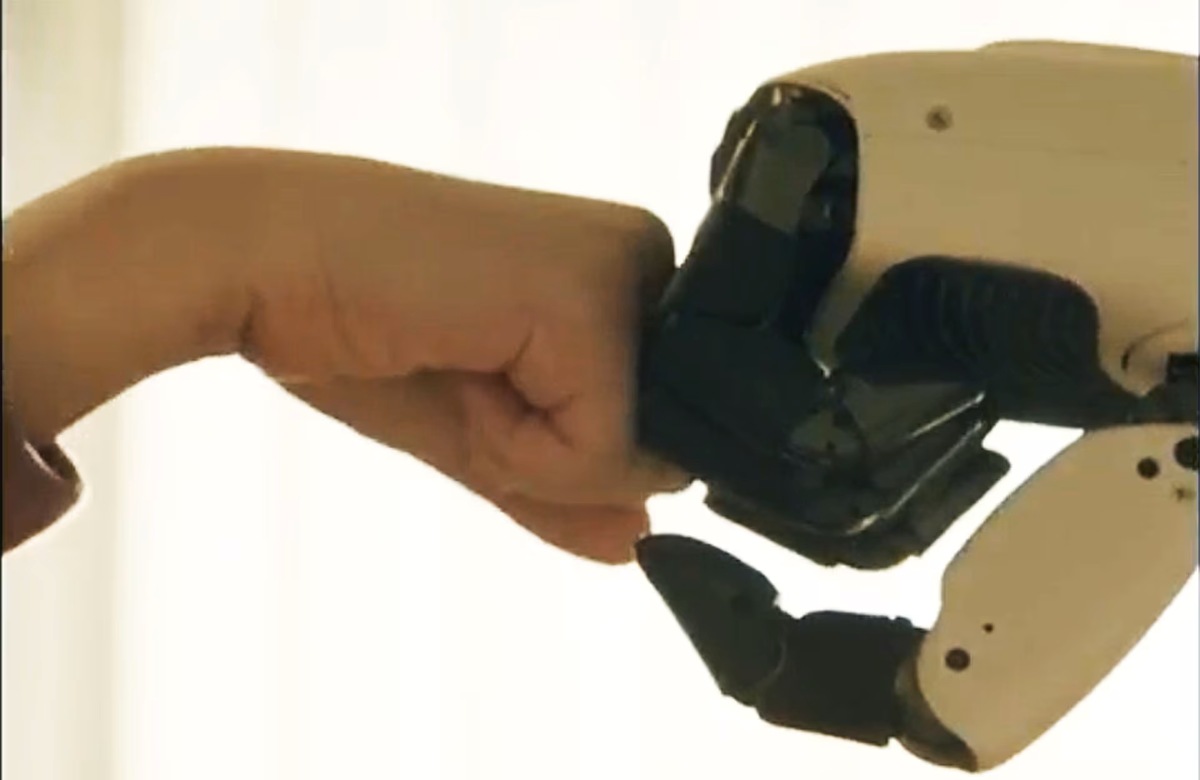TOSHIBA

Company Unveils XFMEXPRESS Form Factor for NVMe SSDs
Toshiba Memory America, to be rebranded as Kioxia America starting October, has introduced the new XFMEXPRESS form factor for NVMe SSDs at the Flash Memory Summit event.
XFMEXPRESS is Toshiba's latest bet on bringing high-performance storage to ultra-mobile, IoT (Internet of things) and embedded devices. The XFMEXPRESS card will measure 14 x 18 x 1.4mm, which makes it a bit larger and thicker than your typical microSD card. Although we use microSD as a comparison, you won't be able to use XFMEXPRESS that way. You would still need to open the device to replace or upgrade the XFMEXPRESS drive.
Toshiba hooked up with Japan Aviation Electronics Industry Ltd. (JAE) to develop the new XFMEXPRESS connector, which boasts a tool-free installation design. Unlike M.2 SSDs that rely on a screw to hold the device in place, the XFMEXPRESS connector employs a hinge-type mechanism. You basically slide the metal cover, insert the XFMEXPRESS SSD and slide the metal cover back into place. Toshiba notes that the metal cover also serves as a heatsink to passively cool the drive.
XFMEXPRESS might only have a tiny 252mm2 footprint, but the itty-bitty form factor unquestionably holds a lot of potential.

Credit: Toshiba Memory América
The XFMEXPRESS technology supports both the PCIe 3.0 standard with the NVMe 1.3 protocol and the latest PCIe 4.0 standard. XFMEXPRESS drives can be deployed with two or four PCIe lanes. According to Toshiba, first-generation XFMEXPRESS devices will deliver a theoretical bandwidth up to 4 GBps while the next-generation of XFMEXPRESS drives will offer speeds up to 8 GBps.
Toshiba didn't specify when we'll start seeing XFMEXPRESS products or which brands have been jumped onboard. As with any new technology, there is never a 100% guarantee that it'll be widely adopted. If you don't believe us, go and ask the guys who developed the SATA Express interface, which was supposed to revolutionize storage performance. Although we saw the SATA Express connectors on a few generations of motherboards, the interaction never took off as SSD vendors weren't convinced enough to invest resources to cook up SATA Express SSDs. Let's hope that Toshiba has better luck.
by Zhiye Liu

No comments:
Post a Comment